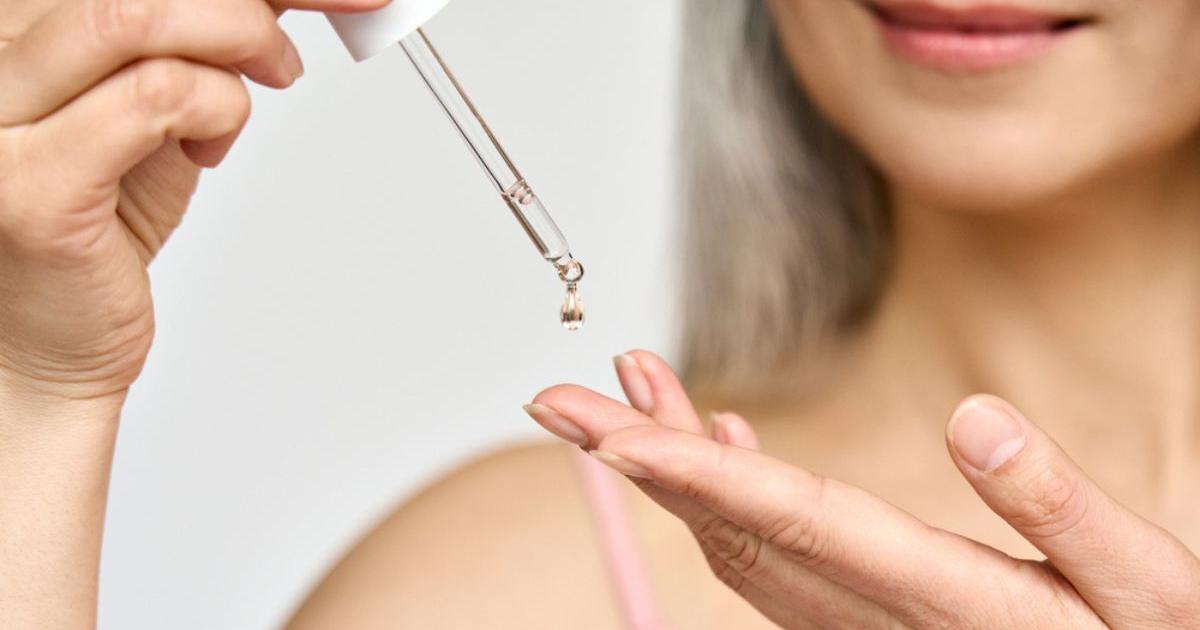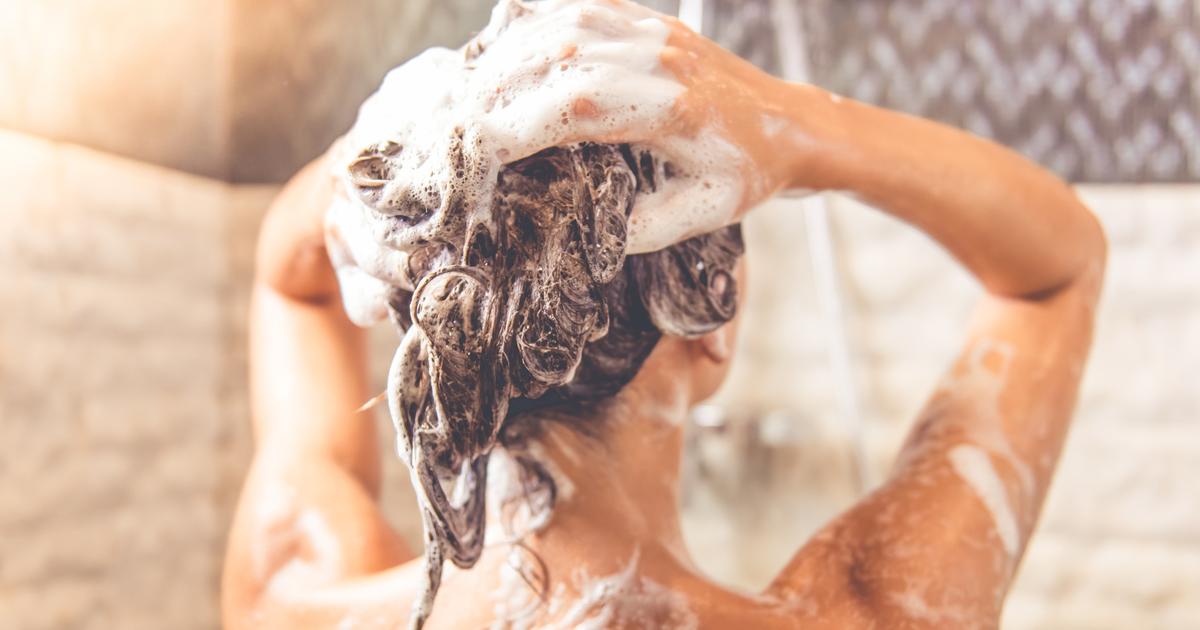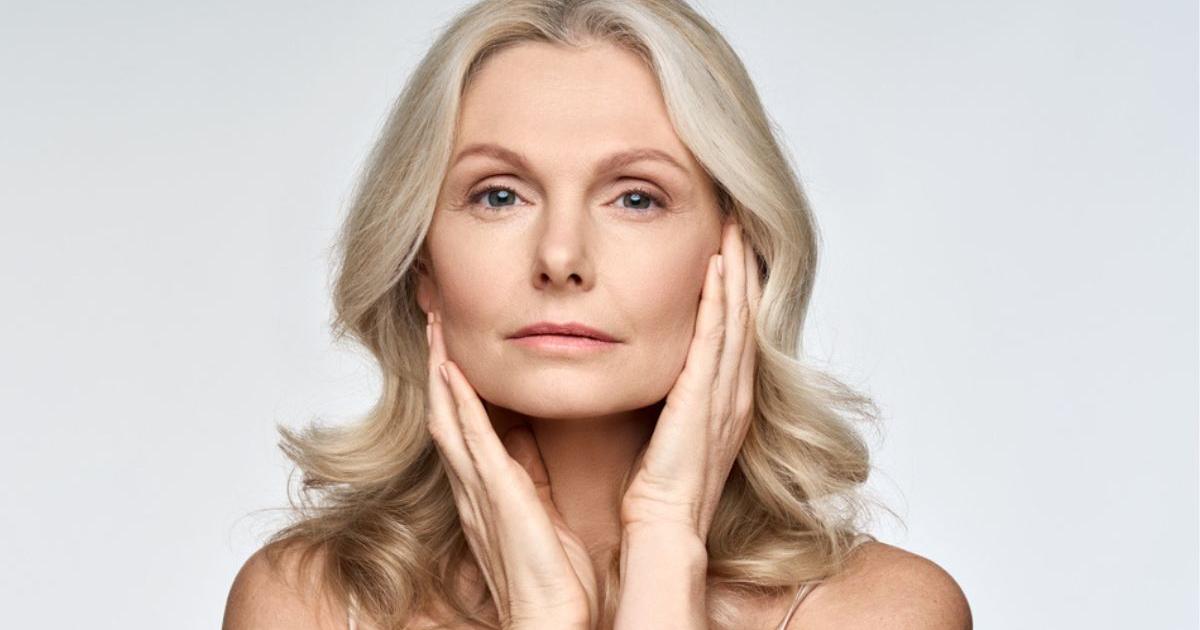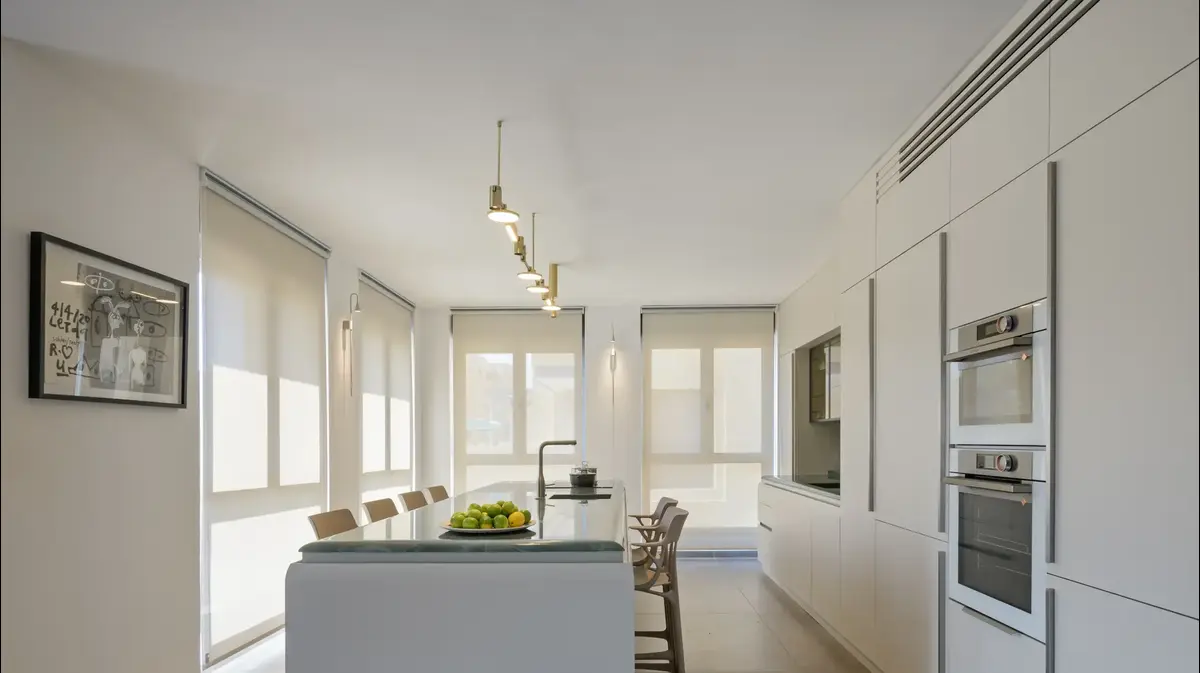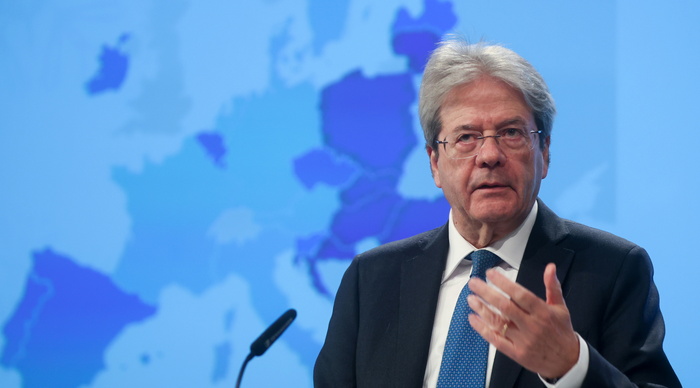Several women walk past a L'Oréal store in Genting Highlands, Malaysia .MOHD RASFAN / getty
The past was not a year to put on a lot of makeup, with almost the entire face covered with the everlasting mask.
Nor of excesses of hairdressing, although the forced confinements have demonstrated the need of expert scissors.
Nor was it necessarily the year to leave the salary in creams, except, perhaps, for the hands, to contrast the constant use of hydroalcoholic gel.
It was not, in short, a good time for the world of beauty and cosmetics.
How, then, do you explain the almost exultant tone of one of the giants of the industry, the French L'Oréal?
Despite a decline in its turnover, the company, which includes brands such as Garnier, Maybelline, Lancôme, Biotherm, Vichy or Kérastase, has just celebrated a “historic year”, as it called it in the presentation of its annual results its CEO, Jean-Paul Agon, without any expert in the field having denied it since then.
And he assures that he looks without fear to the future, despite the many questions that a pandemic that does not finish continues to pose.
The ten richest women in the world and Sandra Ortega
L'Oréal recorded sales of 27,992 million euros in 2020, 4.1% less than in 2019, with net profits of 3,560 million euros.
The fall in profits was 5%, but, given the general situation of the markets, those results, analysts agree, are much better than expected and the decline has not become, as in so many other cases, a bump. fatal.
“The covid-19 pandemic, which has spread throughout the world, has caused, with the general closure of points of sale, a supply crisis that caused an unprecedented, albeit momentary, decline in the beauty market.
(…) But L'Oréal has gone through this crisis in the best possible conditions and has even become stronger ”, Agon assured when presenting the annual results, in mid-February, when he boasted of having obtained figures“ twice better Than the rest of the industry.
How did L'Oréal weather the storm of the century?
One of the keys has been the firm commitment to the digital business, a segment where its sales increased by 62% in the year of the pandemic.
"Electronic commerce has made us the first country, ahead of the United States or China, and already represents 26.6% of our sales," Agon told the French business daily
Les Echos
.
Only in China, one of the main markets of the conglomerate, internet sales already represent 27% of the total.
And it is a path of no return.
"We are on our way to 50% of total sales" online, said Lubomira Rochet, the person in charge of L'Oréal's digital revolution in Challenges magazine.
“It is an incredible paradigm shift.
With the pandemic, digital has gained five years.
There will be no going back, because new customs have been established ”, Agon said in
Les Echos
.
The electronic commerce of beauty products "has tripled its acceleration in a year", confirms Mathilde Lion, executive director of Global Client Development of the consulting firm NPD and an expert in high perfumery.
“The good health of e-commerce was expected.
But the pandemic, with most of the consumers confined and the stores considered non-essential, in most countries, closed, has caused a forced turn towards electronic commerce to be able to buy high perfumery products.
There is a net acceleration ”, he says in a telephone conversation.
A preparation on time
But what has been a generalized phenomenon - in Europe, the sector experienced a 45% growth in electronic sales last year, although with strong differences between the northern countries, more accustomed to e-commerce, and those in the south, such as Spain. - where, although sales quadrupled, they only accounted for 14% of the total - it has been a real explosion in the case of L'Oréal.
Something due, says Lion, to the fact that the French conglomerate knew how to prepare for the digital jump before the coronavirus.
In fact, although it was slow to start, the group launched a “digital plan” in 2010 for the group's 36 brands and put a person in charge, Rochet, who reports directly to the board of directors.
A system that, when the pandemic arrived, allowed it to react faster than the competition.
Another of the keys to a firm with a dark past - its founder, Eugène Schueller, was accused of being close to collaborationist and anti-Semitic movements, like his son-in-law, André Bettencourt - has been his ability to completely reinvent himself and sell his face more. nice.
Not surprisingly, Schueller is considered one of the pioneers of modern advertising.
Today, L'Oréal is listed on multiple international indices for diversity, inclusion, parity - the L'Oréal Foundation and UNESCO have been promoting and financially supporting women scientists for more than two decades - and environmental commitment.
Recently, the French Minister of Economy, Bruno Le Maire, visited the L'Oréal plant in Vichy - a city that also gives its name to one of its main lines of care - to give it the
vitrine de la industrie du futur
(showcase of the industry of the future).
The factory is “exemplary in terms of innovation, of companies that emit less carbon, which is exactly what we are looking for”, and “exemplary also because it recruits massively apprentices, young people,” said Le Maire.
And in the worst of the first national lockdown by the pandemic, just a year ago, L'Oréal not only joined other luxury brands in the production of the - then - scarce hydroalcoholic gel for hospitals, nursing homes and for workers in food distribution.
Within the framework of its "solidarity plan against the coronavirus", it also froze payments for its products, "until they can resume their business", of hairdressers and small perfume shops, thereby increasing the loyalty of this sector.
"Today the consumer expects committed brands and groups," says Lion.
In his annual speech, Agon, who this summer will hand over his position as CEO to Nicolas Hieronimus - although he will remain as group president - was very optimistic about the future and is confident that he will continue on the path of growth.
L'Oréal will "come out stronger" from the pandemic, and when it is over, it will be ready to face the "consumer appetite for beauty, which remains intact around the world."
In this sector, "the rebound will happen, that's for sure," he says.
Above all, he points out, for those like L'Oréal already well placed in China, "which has already emerged from the crisis and where consumption has skyrocketed", and well established in digital commerce, "the growth potential is enormous" .

/cloudfront-eu-central-1.images.arcpublishing.com/prisa/JHPJ5G7YRZAQHOD6PVTGJYTMIM.jpg)

